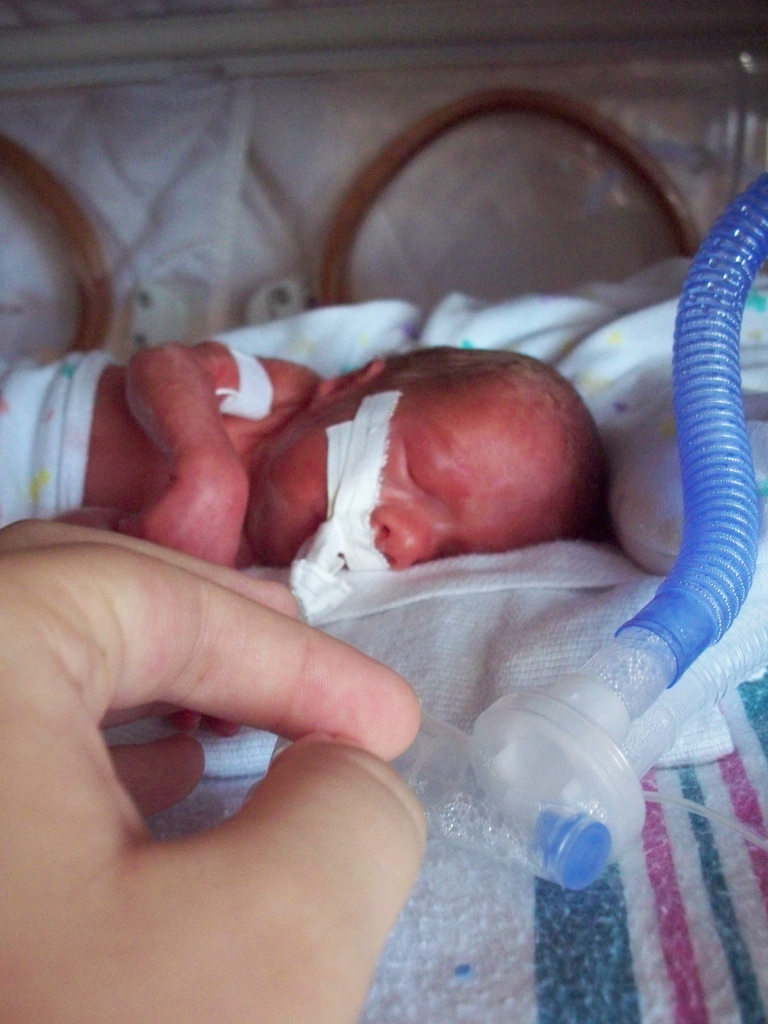On the 22nd of October 1707, more than 1400 British sailors died when a British naval fleet sank in stormy weather off the Isles of Scilly. The disaster was later attributed to failings in navigation and sailors’ difficulty in determining their location at sea. This was a perennial problem at the time, and had persisted despite intense scientific research. Seven years later, the UK government passed the Longitude Act, offering 20,000 pounds (more than 2 million pounds in today’s money) to anyone who could develop a method for reliably determining longitude at sea. The longitude prize was eventually won by John Harrison, a self-educated Lincolnshire clockmaker.
Yesterday, 300 years after the original Longitude act, the UK Technology Strategy Board launched a £10 million pound prize competition, a new ‘Longitude prize’. The money will be awarded to a scientist or group of scientists who come up with a solution to one of a set of major global challenges – inadequate food/clean water supply for everyone, antibiotic resistance, spinal cord injury, dementia, the large carbon impact of air-flight.
The new Longitude prize is the latest in a series of innovation inducement competitions over time. These competitions have offered monetary rewards for solving problems as diverse as the development of butter substitutes, the first trans-Atlantic air flight, reusable aircraft for space flight, or an alternative fertilizer to bird poo. One novel feature of the 2014 Longitude prize is that it is seeking public input into the specific challenge to be targeted. Public voting will decide which of the six global challenges above are to be the focus of the prize.
But are innovation prizes an effective or appropriate way to solve major global scientific challenges?Read More »Can we solve the world’s problems by offering a large enough prize?


